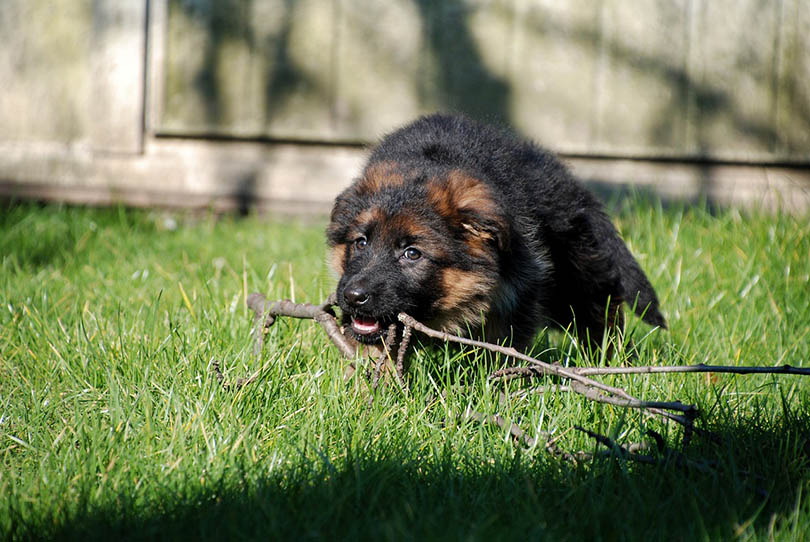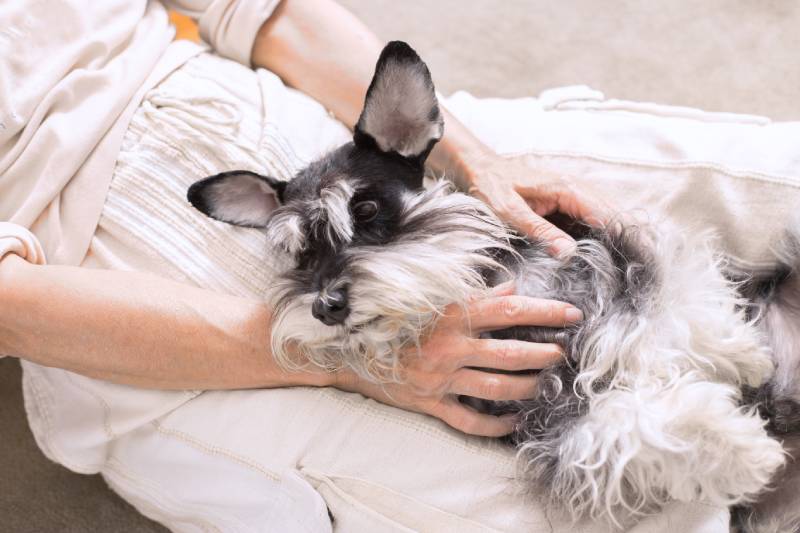What to Do if Your Dog Is Throwing Up After Eating But Acting Normal: Vet Approved Advice
Updated on
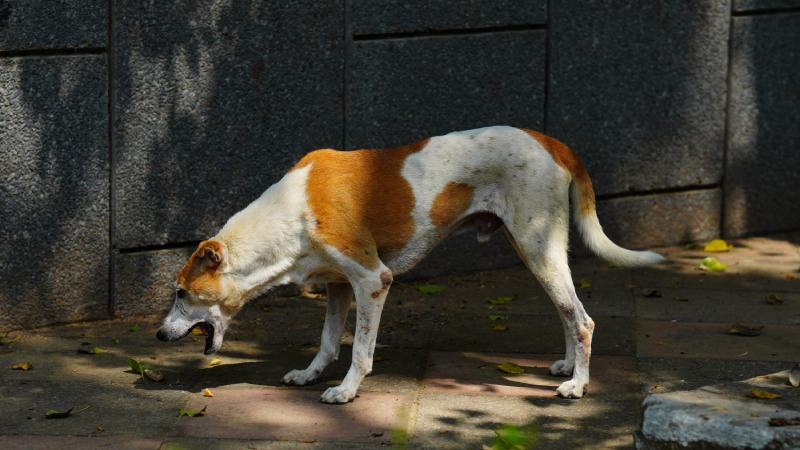
Click to Skip Ahead
It is not an uncommon occurrence for dogs to vomit, and most dog owners are familiar with the classic retching and heaving sounds of this, having us move like lightning from our seats. Mostly because of concern for them, of course, but also for the protection of the carpet!
Once we have a hold on the initial situation, the next question we often ask ourselves is why this was happening in the first place. Why is my dog throwing up even though they appear well otherwise? We all likely run through a list in our heads of possible causes or reasons for it.
You are not alone in this scenario. So, to help you figure out the cause, here are five reasons why a dog might be throwing up after eating but acting normal.
The Difference Between Vomiting and Regurgitation
Vomiting and regurgitation may appear to be similar, and regurgitation can be mistakenly thought of as vomiting. In truth, these expulsion acts are two different things and indicate different issues.
Vomiting is the forceful passage of stomach contents through the esophagus (food pipe) to the exterior. It is an active process involving abdominal contractions (retching). Vomiting usually includes partially digested food, and it is a protective reflex to remove toxins or foreign bodies from the gastrointestinal tract. Your dog may exhibit signs of nausea before vomiting, such as drooling, licking their lips, and pacing.
Regurgitation, on the other hand, is a passive process, meaning it doesn’t involve force, stomach contractions, or retching. Food and fluid are passed back up the esophagus and out of the mouth before they have had a chance to enter the stomach. The food is undigested and often in a tubular or sausage shape.
The 5 Reasons Why Your Dog Is Vomiting but Acting Fine
These are listed with the caveat that if your dog shows any discomfort alongside these reasons, then there may be an underlying condition and a visit to your veterinarian is advised.
1. Eating or Drinking Too Quickly
This is a common occurrence seen in dogs. Scarfing down their food with speed or chugging water rapidly can often result in a regurgitation episode but a well and normal dog otherwise. In order to decrease this, you may need to feed smaller meals to your dog or use a slow-feeder type bowl that requires them to pick up food in smaller bites rather than gobbling the whole meal quickly.
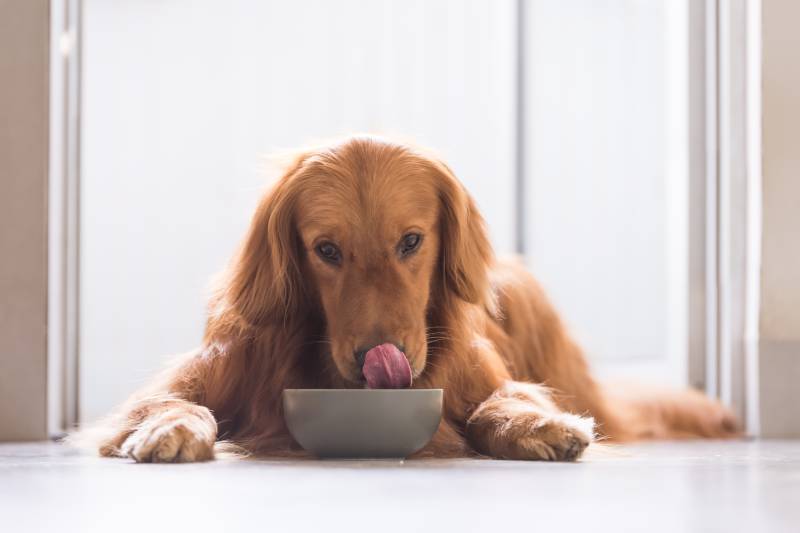
2. Dodgy Food
Canines will eagerly eat disgusting things (to us). They find many smells, spoiled foods, or simply inappropriate foods delightful, often while outside on walks or elsewhere, like garbage cans. These foods may contain bacteria and other irritants, which their bodies will reject to protect their health. It does this by making them feel nauseous and then by instigating vomiting, after which they may be completely fine.
On a similar note, ingesting a foreign body can cause vomiting but no other signs, especially initially. When a dog eats something that is indigestible, it may remain stuck in the stomach, leading to vomiting. Over time, that object may move, potentially causing an intestinal blockage, weight loss, diarrhea, and not wanting to eat.
3. Illnesses
Dogs may vomit as one of the first signs of an illness. Even though most illnesses that cause vomiting will also have other signs that accompany, those signs may show up later than the initial vomiting. This means that their vomiting and then acting normal was just part of the early stages of the illness and other signs may show up later. If your pup vomits out of the blue and then continues to act normal, monitor them for further signs.
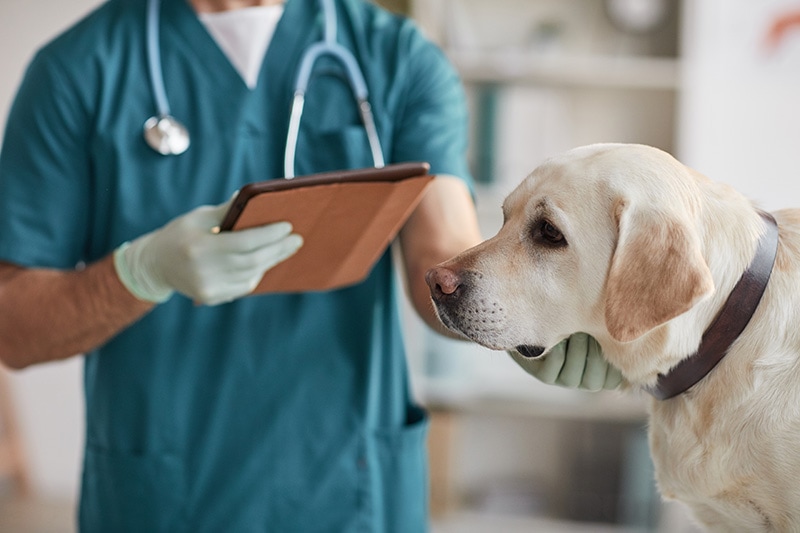
4. Allergies/Intolerance
Dogs can develop allergies or intolerances to foods. They may show other signs, such as diarrhea, itchy skin or chronic ear infections alongside vomiting if they are suffering from a food allergy or intolerance, but sometimes they don’t. If your dog is vomiting after eating more regularly than not, then they need to get checked out by a vet.
5. Eating Grass
Only a small portion of dogs may vomit randomly after eating grass. Eating grass is a form of pica. A myth has long been circulated that a dog eating grass means they have an upset stomach and that this act helps to make them feel better by vomiting. However, this is simply not true.
Less than 25% of dogs vomited after eating grass and less than 10% of grass-eating dogs exhibited signs of illness beforehand. Eating grass is not to self-medicate but may be due to their bodies craving an increase in fiber (roughage) in their diet, as grass is high in this nutrient. It may be due to a psychological need, such as to relieve boredom, soothe anxiety, or increase interaction/attention with their owner.
While eating grass isn’t harmful in itself, it is advisable to treat the root of the grass consumption in the first place. Also, pesticides and chemicals may have been sprayed onto the grass they are eating, which can cause toxicity and illness. Worm eggs passed by other dogs may be on the grass they are ingesting and, therefore, they may be infecting themselves with parasites.

When to Be Concerned About Your Dog Vomiting
If your dog only vomits on the odd occasion but they appear well otherwise and are showing no other negative signs, odd behaviors, or new habits, then you can most likely get on with life without worrying about this. However, if any of the signs listed below have also been exhibited by your dog, then a trip to your veterinarian for investigation and advice is needed.
- Continuous or repeated episodes of vomiting
- Long-term vomiting
- Fever
- Weight loss
- Dry heaving
- Lethargy
- Vomiting blood
- Diarrhea (with or without blood)
- You suspect they have eaten a foreign body or toxin
- Breathing fast or having difficulty breathing
- Pale gums
- Pain or discomfort
- Not eating or drinking
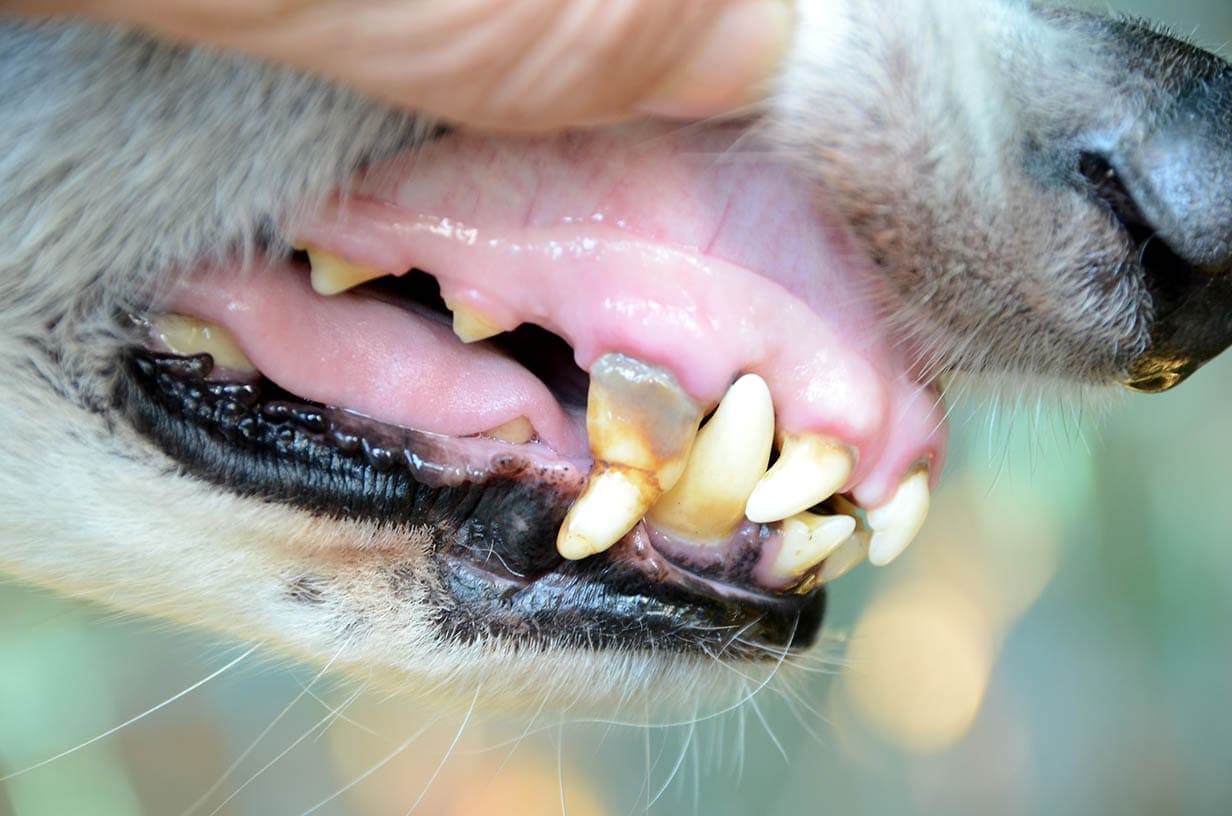
Conclusion
Your dog having a vomiting or regurgitation episode is often par for the course of owning a pet. It’s to be expected, and this will most likely happen more than once in their lifetime. There are several common reasons for your dog to be vomiting but acting normally otherwise, which are usually no cause for concern, but there are red flags to watch out for as well, so it’s worth familiarizing yourself with those and seeing a veterinarian any time you are concerned.
Featured Image Credit: dossyl, Shutterstock




